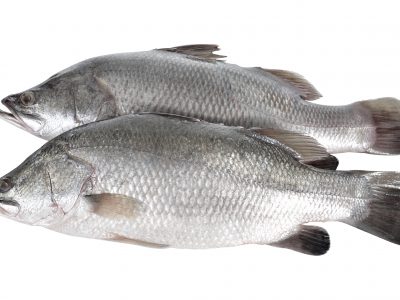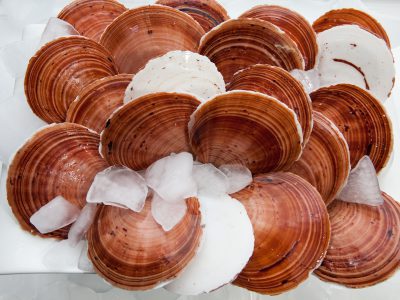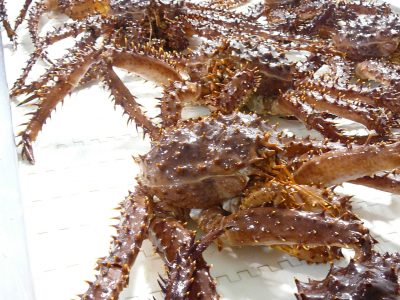What do you do when the traditional systems of oyster grading no long apply?
Clyde River Pacific oysters are such a unique product in terms of size and condition that they can’t be directly compared to Tasmanian and South Australian Pacific oysters, which make up the bulk of the Australian oyster market.
For these particular oysters, it is more accurate and reliable to use a system more in line with that the Europeans use, where oysters are graded by weight, rather than length.
Under the Clyde River Pacific oyster grading system, each grade is given a number between 0 and 5 that corresponds to a particular weight range.
This numerical system forgoes the old school terminology of ‘large, extra large, jumbo etc.” While this may take a bit of getting used, it will ultimately help customers more accurately assess the product.
Here is the breakdown of the grading scale:
No.0 = The biggest oysters, weighing over 410g
No.1 = equivalent to Grande, weighing between 311 – 409g
No.2 = equivalent to Jumbo, weighing between 222 – 310g
No.3 = equivalent to Extra Large (XL), weighing between 161 – 221g
No.4 = equivalent to Large, weighing between 135 – 160g
No.5 = equivalent to Medium, weighing between 100 – 134g
Clyde River oyster farmers will be introducing their oysters under this new grading system very soon. Please enquire if you need help with marketing material to convey the new weight-based system.



